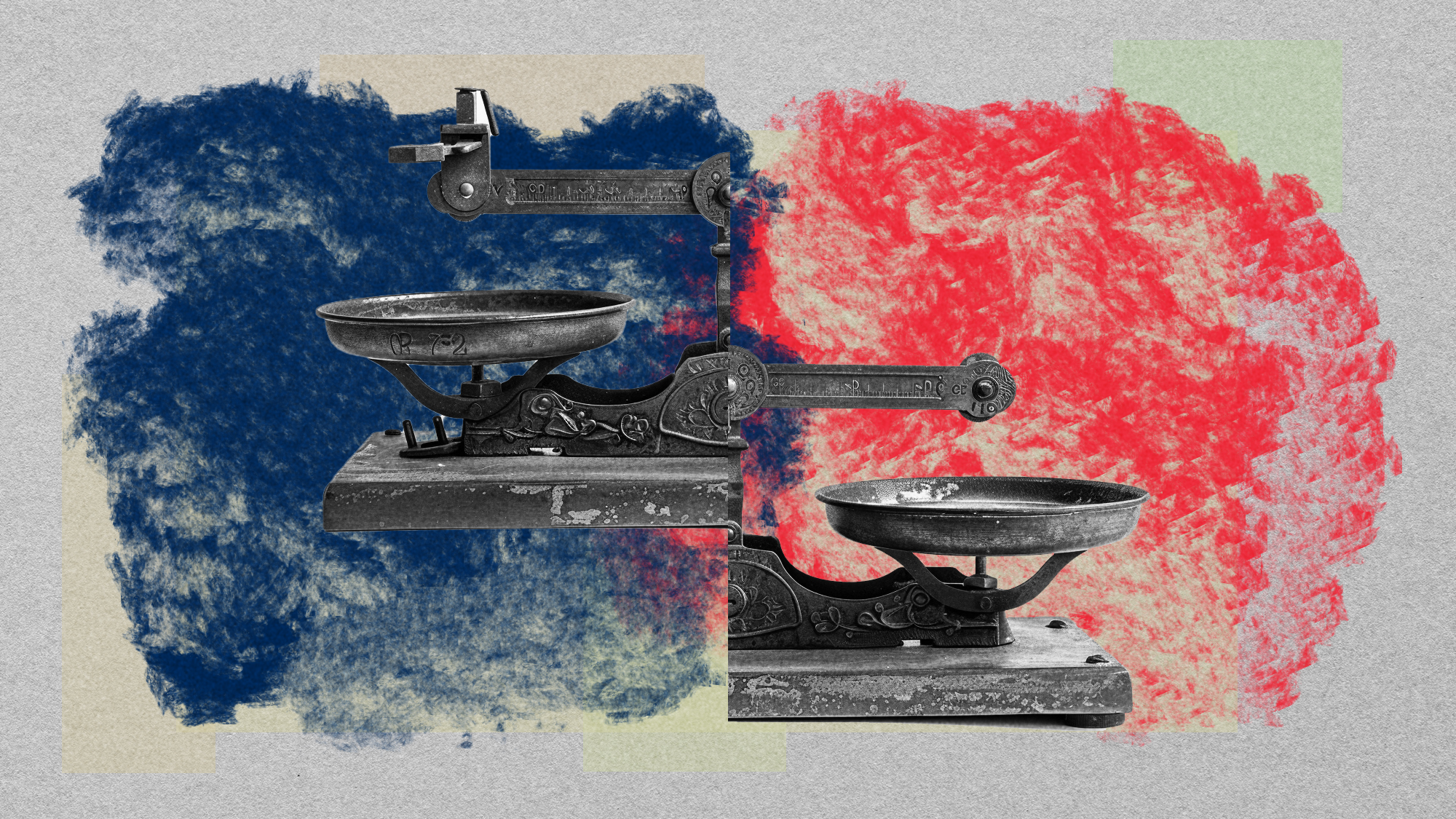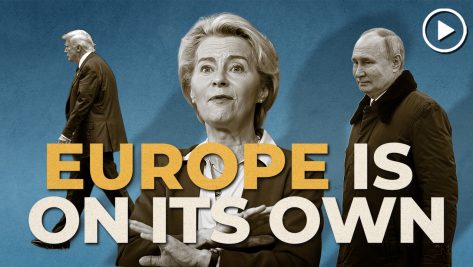The European Parliament elections in France yielded two surprises, but one certainly outweighed the other. While the National Rally party (RN) and the extreme right’s strong performance (capturing around 40% of the votes) was somewhat expected, the real shock came from President Macron’s decision to dissolve the French National Assembly and call for snap elections on June 30 and July 7. These snap elections will most probably bring a new parliamentary majority and therefore a new government, possibly leading to a period of cohabitation until the next presidential elections in 2027 (unless fresh legislative elections are called before then, but one year needs to pass before another dissolution could be decided by the President of the Republic.)
It’s interesting to note that the fifth Republic, born out of the 1958 Constitution, has experienced several periods of cohabitation over the years, with a President of the Republic of one political color and the Parliament and government of another. This occurred from 1986 to 1988 (with François Mitterrand as President and Jacques Chirac as Prime Minister), from 1993 to 1995 (with François Mitterrand as President and Édouard Balladur as Prime Minister), and from 1997 to 2002 (with Jacques Chirac as President and Lionel Jospin as Prime Minister).
Some polls also point to a drastic reduction in the number of members representing Macron’s majority in the National Assembly. There have also been swift movements on the left, with the emergence of the New Popular Front alliance (NFP) to counterbalance the National Rally party (RN). This novel alliance of left-wing parties (Communist Party, France Unbowed, Greens, and Socialist Party) has gilded unprecedented support from across the left. This is not the first time the left has joined forces. There was also an alliance at the 2022 elections though it lacked the broad consensus achieved on this occasion, especially from the Socialist Party. This time, the left front is more united than ever. Even former President Hollande, who was critical of the 2022 alliance, is running in these elections. On the right, the Republican party is divided between those willing to make a deal with the RN (among them, the party’s hitherto president, Eric Ciotti) and those who are against it.
No one knows exactly what the final results will be, although the first polls of this very short electoral campaign point to an extreme-right victory (reaching a relative majority in the Assembly) followed by the New Popular Front, relegating President Macron’s alliance into third place. Turnout is also predicted to be higher than in the last general election two years ago, when 46.23% of voters placed their ballots in the second round. Nobody knows for certain what the color of the next French government will be, but everything points to a return to cohabitation.
Against this background, the question is how could this cohabitation affect France’s European policy? As known, the French Constitution of 1958 provides for a semi-presidential system in which the President of the Republic has special powers in foreign policy and defense, the so-called “domaine réservé”, although the Constitution also grants powers to the government and the Prime Minister in these areas. When the President and the government coincide, the President plays a much more active role in shaping government’s policies and France’s has a sole voice in European institutions. However, if the President and the government are not on the same page, we can expect greater difficulty in defining the President’s responsibilities, though in previous cohabitations, there was general consensus between the President and the government on France’s position in the Union and what came under presidential authority.
Is it fair to call French policy on European matters “foreign policy”? The obvious answer is that not all decisions taken at the European level can come under the French “foreign policy” umbrella. The EU’s competencies are so broad that many fall outside the President’s exclusive remit. Consider the Green Deal, immigration, and the Common Agricultural Policy, to name but a few. In these areas, France’s position will be that of the government. Yet, in terms of the war in Ukraine (and there are many related issues in this context, such as energy, sanctions, and military aid), which position should prevail: what the President has to say, or the position of the government?
Macron has proven to be a Europeanist, relying on the Franco-German axis to promote European integration.
Another important point is who gets to decide who goes to Brussels? In theory, President Macron should choose who to appoint to the top jobs (presidency of the European Commission, presidency of the European Council, High Representative of the Union for Foreign Affairs and Security Policy). First, as a matter of timing (these appointments should take place before any change of government in France), and secondly, because according to the Treaty on European Union, it is the European Council attended by “the Heads of State or Government” which makes the key decisions in these areas. In France’s constitutional reality, it is understood that it is the President who goes to the European Council, although we mustn’t forget that in previous cohabitations both the President and the Prime Minister attended some European Council meetings. However, those were different times and different European treaties.
Conversely, the appointment of the French Commissioner to the European Commission (unless the High Representative is French, which is highly improbable) is likely to be a decision made by the new government. These appointments are expected to take place in the autumn, i.e. after a new government has been formed in France. Moreover, Article 17.7 of the Treaty on European Union states that it is the Council of the European Union, comprising the ministers of the governments of the Member States, which ” by common accord with the [Commission] President-elect, shall adopt the list of the other persons whom it proposes for appointment as members of the Commission. They shall be selected, on the basis of the suggestions made by Member States […]”. The same could happen with the appointment of other “representatives” in other European institutions (Court of Auditors, Court of Justice, and General Court of the European Union) that are scheduled to take place in the near future. In previous cohabitations, appointments were agreed between the President and the government.
Over and above these political and legal wranglings, France’s position in the European Union may weaken irrespective of whether it is run by an RN or an NFP government. President Macron has proven to be a Europeanist, relying on the Franco-German axis to promote European integration. His voice in the European Council, an institution that plays a key role in defining EU policy guidelines and especially Common Foreign and Security Policy, will not be as strong and legitimate as it has been up to this point if his party comes third in the next elections. Moreover, a far-right government, whose positions have traditionally been identified with euroscepticism, or a “plural left” government with conflicting positions on the process of European integration, will undoubtedly undermine France’s position. In this context, in which the German Chancellor has also lost credibility after the European elections, European leadership may be about to change direction, shaping a new future for the Union.
© IE Insights.











